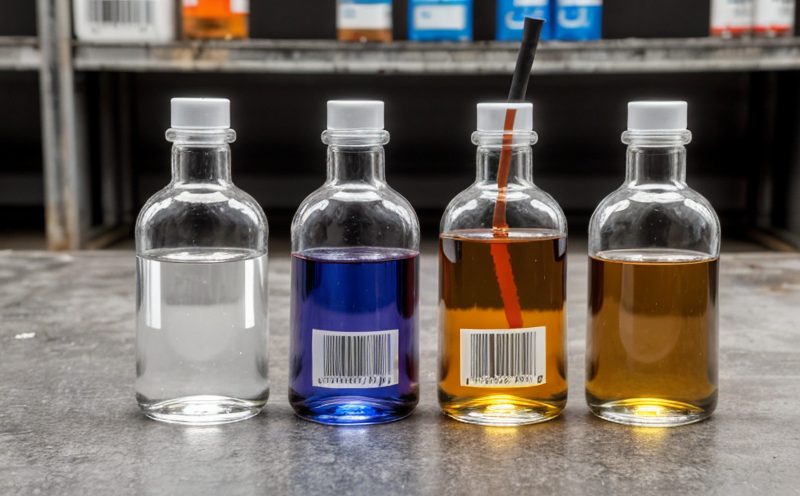ISO 15877 Plastic Pipe System Stability Testing
The ISO 15877 standard specifies the method of testing plastic pipe systems to evaluate their resistance to stress cracking under various environmental conditions. This test is critical for ensuring that materials used in water distribution and irrigation applications are durable and reliable over time.
ISO 15877 involves subjecting specimens to a combination of temperature cycling, water immersion, and mechanical loading. The goal is to simulate real-world environments where pipes may experience thermal stress, chemical exposure, and physical pressure. By following this standardized procedure, manufacturers can assess the long-term performance and durability of their products.
The testing process begins with proper specimen preparation, which includes cutting representative samples from pipe sections or fabricated joints. Specimens must be free from defects and representative of the material properties being evaluated. Once prepared, they undergo immersion in water at specified temperatures for extended periods to simulate long-term exposure to moisture conditions.
Simultaneously, mechanical loading is applied using a tensile tester capable of exerting controlled forces on the specimens. This step simulates the static or dynamic loads that pipes might encounter during installation and operation. The combination of these environmental factors helps identify any potential weaknesses in material design or manufacturing processes.
The duration of testing varies depending on the specific requirements outlined by ISO 15877, but it typically ranges from several weeks to months. During this time, technicians monitor specimen integrity closely, looking for signs of stress cracking or other failure modes that could compromise system reliability.
At intervals throughout the test period, samples are removed from their respective environments and visually inspected for any visible changes indicative of degradation. Additional measurements may also be taken to quantify dimensional variations or other indicators of material distress.
Upon completion of the prescribed testing regimen, results are analyzed according to ISO 15877 criteria. Compliance with these standards ensures that only pipe systems capable of maintaining structural integrity under defined stress conditions receive certification.
This rigorous evaluation process not only protects end-users against potential hazards associated with compromised plumbing infrastructure but also supports sustainable practices by promoting the use of high-quality materials throughout the lifecycle of construction projects involving plastic piping systems.
- Specimen preparation
- Temperature cycling and water immersion
- Mechanical loading simulation
- Regular visual inspection
- Data analysis against ISO 15877 criteria
Eurolab Advantages
At Eurolab, we pride ourselves on offering comprehensive chemical stability and degradation testing services tailored specifically to the needs of our clients within the plastics industry. Our state-of-the-art facilities equipped with advanced instrumentation ensure accurate and reproducible results across all stages of ISO 15877 plastic pipe system stability tests.
We employ highly experienced professionals who stay abreast of evolving standards and best practices, allowing us to provide up-to-date interpretations and applications relevant to your project. With decades of combined expertise in polymer science and materials engineering, our team can offer valuable insights into optimizing product formulations based on test outcomes.
Our commitment extends beyond mere compliance; we strive to exceed expectations by delivering timely reports accompanied by detailed recommendations for improvement where necessary. This proactive approach ensures continuous quality enhancement while fostering long-term business relationships built on trust and reliability.





